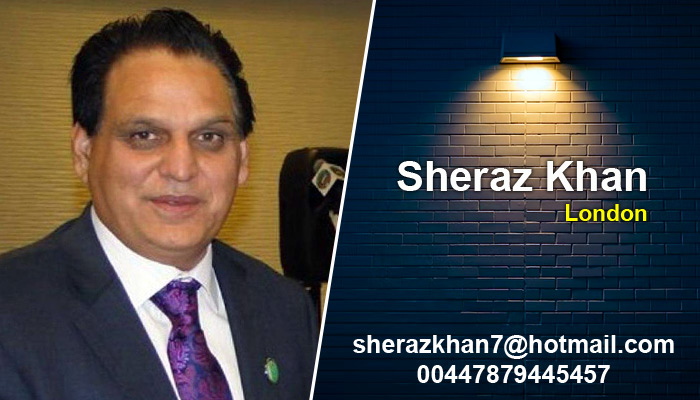Rule of Law
From its very inception, the divinely granted nation of Pakistan has faced a myriad of challenges and difficulties. Both civilian and military rulers have turned the governance and political systems of the country into experiments, trapping it in a quagmire where the respect for the constitution and law has not been upheld. Instead of strengthening institutions, they have been systematically destroyed. Due to unconstitutional and perpetually unstable governments, the country has always faced extraordinary circumstances. Neither peace has been established, nor has any truly democratic government been able to take root. Many self-proclaimed saviors have come and gone, but their legacies have only led to the country’s ruin. While they enriched themselves and their progeny, they left the country impoverished. Every new government used state resources and institutions to label its predecessor as enemies of the state, distributing certificates of treason and loyalty. The nation and its institutions have been driven by ego, revenge, personal interests, desires, and vendettas, leading to the nation’s continued destruction and the people’s suffering. Consequently, even after 76 years, the country stands on the brink of political, economic, internal, constitutional, and diplomatic collapse.
Looking at the histories of successful nations, those that have progressed have prioritized the welfare of their people, upheld the rule of law, and strengthened institutions. Today, individual rights and personal freedoms are protected through the rule of law in these countries. Governance is defined by a system where the rights of all citizens are protected, and everyone has access to fair and impartial justice. Freedoms such as speech, expression, assembly, and religion are safeguarded by the rule of law, which also prevents the abuse of power. By establishing uniform laws for everyone, including the rulers, the rule of law curbs arbitrary use of authority, helps combat corruption, and prevents the misuse of government power.
Through the rule of law, government officials and institutions are held accountable under the law. This accountability is fundamental to maintaining public trust in institutions and ensuring that they work in the public interest. The rule of law guarantees that everyone is equal before the law, a cornerstone of democratic principles. This equality helps prevent discrimination and injustice. A clear, stable, and predictable legal framework creates an environment where people can plan their lives, run their businesses effectively, and contribute to economic growth. Employment opportunities increase, investments rise, national wealth grows, and overall growth is achieved.
By establishing a mechanism for implementing and enforcing laws, the rule of law helps maintain public order and provide justice, which is essential for a functioning democracy. It ensures that elections are fair, transparent, and honest, and that those with a mandate, who receive the majority of the public’s votes, are not obstructed from governing. This allows representatives with public support to go to Parliament and legislate in line with public aspirations. The legitimacy of democratic government is fundamentally based on public voting.
Essentially, the rule of law is the backbone of democracy, ensuring that power is exercised within a framework of checks and balances, protecting individual freedoms, and maintaining a fair and equitable society. Today, it is worth questioning under what laws, principles, and constitution those in power are governing our country. Nations do not thrive under such conditions: threats are pervasive, institutional clashes are evident, human rights violations and restrictions on freedom of expression are rampant, and provincial and linguistic hatreds are increasing. Can any patriotic leadership engage in actions leading to political and state decline? Similarly, our stance on the Kashmir issue is at its weakest.
As Jigar Moradabadi aptly put:
“The philosophy of the honorable Sheikh is peculiar,
In all the world,
What is consumed there is lawful, but here it is forbidden,
In this universe, O Jigar, a revolution will rise again,
For despite elevation, man remains a slave to his desires.”

